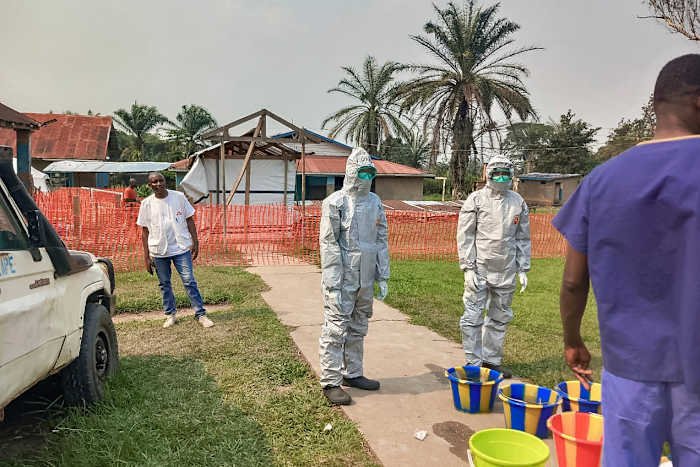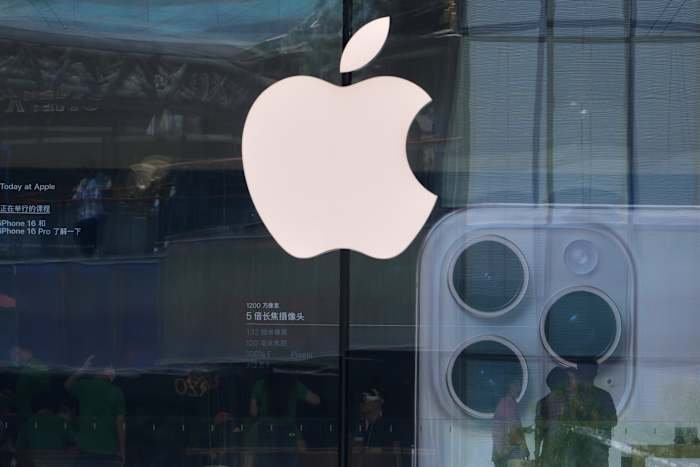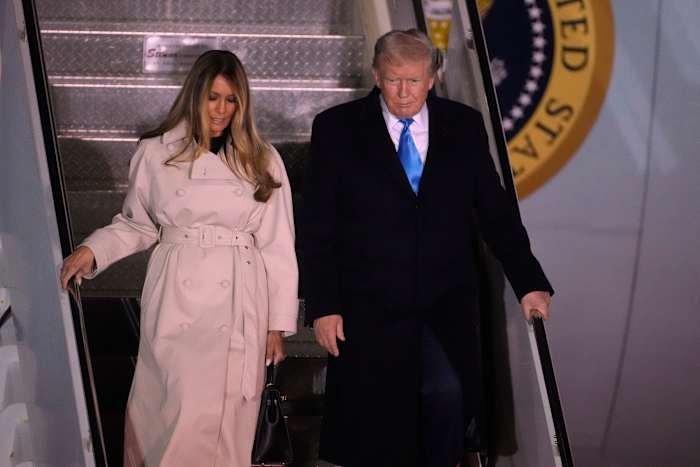Daily Orlando News — In a significant move to curb the spread of Ebola, the World Health Organization (WHO) has started a targeted vaccination campaign in the southern Kasai province of the Democratic Republic of Congo. Health authorities are racing against time to protect those most at risk, including people who may have been exposed to the virus and the front-line health workers caring for them. As a global health crisis unfolds thousands of miles away, the Orlando community watches closely, knowing that in today’s interconnected world, local safety is intrinsically tied to international disease control efforts.
Understanding the Recent Ebola Outbreak in Kasai
The latest Ebola outbreak in the southern Kasai province marks another chapter in the ongoing battle against the deadly virus in Central Africa. The Ebola virus causes severe hemorrhagic fever, with fatality rates that can reach up to 90% in some outbreaks. Early detection, rapid response, and vaccination are essential to halting its spread.
The WHO’s swift response in Kasai comes after confirmed cases in the region raised alarms among global health agencies. The vaccination drive focuses on a “ring vaccination” strategy, targeting individuals who have come into contact with Ebola patients, as well as the healthcare workers most likely to be exposed during the outbreak. This approach has proven effective in previous outbreaks, notably in West Africa and earlier Congo incidents.
How the Ebola Crisis Connects to Orlando
While the outbreak may seem distant, infectious diseases know no borders. Orlando, as a major tourist destination and international travel hub, has a vested interest in global health stability. The city’s diverse population includes many with ties to Central Africa, and local healthcare professionals are often at the forefront of pandemic preparedness and response efforts.
Orlando International Airport sees millions of travelers each year, some of whom may have recently visited affected regions. The Centers for Disease Control and Prevention (CDC) and local health authorities work together to monitor for imported cases of diseases like Ebola, ensuring rapid action if a suspected case is identified. The lessons learned from outbreaks abroad help Orlando’s hospitals, clinics, and emergency responders stay vigilant and ready to protect the community.
The Role of Vaccination in Stopping Ebola
Vaccination is a powerful tool in the fight against Ebola. The vaccine used in the Kasai campaign, Ervebo (rVSV-ZEBOV), has been shown to provide strong protection against the most common strain of the virus. By immunizing those most at risk, health authorities aim to create a protective “ring” around each case, preventing the virus from spreading further.
This strategy not only saves lives in the immediate outbreak zone but also reduces the chance of the virus crossing borders. The success of vaccination campaigns in Africa reassures communities around the world, including Orlando, that global health agencies have effective measures to stop outbreaks before they become pandemics. Local health experts often follow these developments closely, ensuring the city’s preparedness plans incorporate the latest science and best practices.
Orlando’s Ongoing Commitment to Global Health Preparedness
Orlando’s robust healthcare infrastructure is integral to its readiness against emerging threats like Ebola. Hospitals such as Orlando Health and AdventHealth Orlando regularly train staff to recognize and respond to infectious diseases, using guidance from the CDC and WHO. Travel advisories and screening protocols are updated as needed, and local authorities maintain close communication with federal and international partners.
Furthermore, the city’s emphasis on community engagement and education helps ensure that everyone knows the basics of preventing disease spread, from proper handwashing to recognizing early symptoms. Orlando’s universities and research institutions often contribute to global health research, including vaccine development and outbreak modeling, reinforcing the city’s role in the worldwide fight against diseases like Ebola.
Global Health Events and Local Implications
The situation in Congo is a sobering reminder that public health is a shared responsibility. Outbreaks in one part of the world can have ripple effects that reach even cities like Orlando. Supporting international vaccination efforts, staying informed, and following health guidance at home are all ways that Orlando residents can contribute to a safer, healthier world.
For travelers and families with ties to affected regions, staying updated through reliable sources like the CDC and WHO is essential. Vaccination campaigns abroad are crucial not just for those directly impacted, but for the global community — including Orlando — that benefits from reduced risk of transmission.
Conclusion: Stay Informed and Share Your Thoughts
As the Ebola vaccination initiative unfolds in southern Congo, its impact resonates far beyond Africa’s borders. For Orlando, these developments highlight the importance of staying vigilant, prepared, and informed about international health issues. Our city’s safety depends on both local readiness and global collaboration.
What are your thoughts on Orlando’s preparedness for global health crises like Ebola? Have you or someone you know been impacted by international outbreaks? Share your comments below — we’d love to hear your perspective!
















